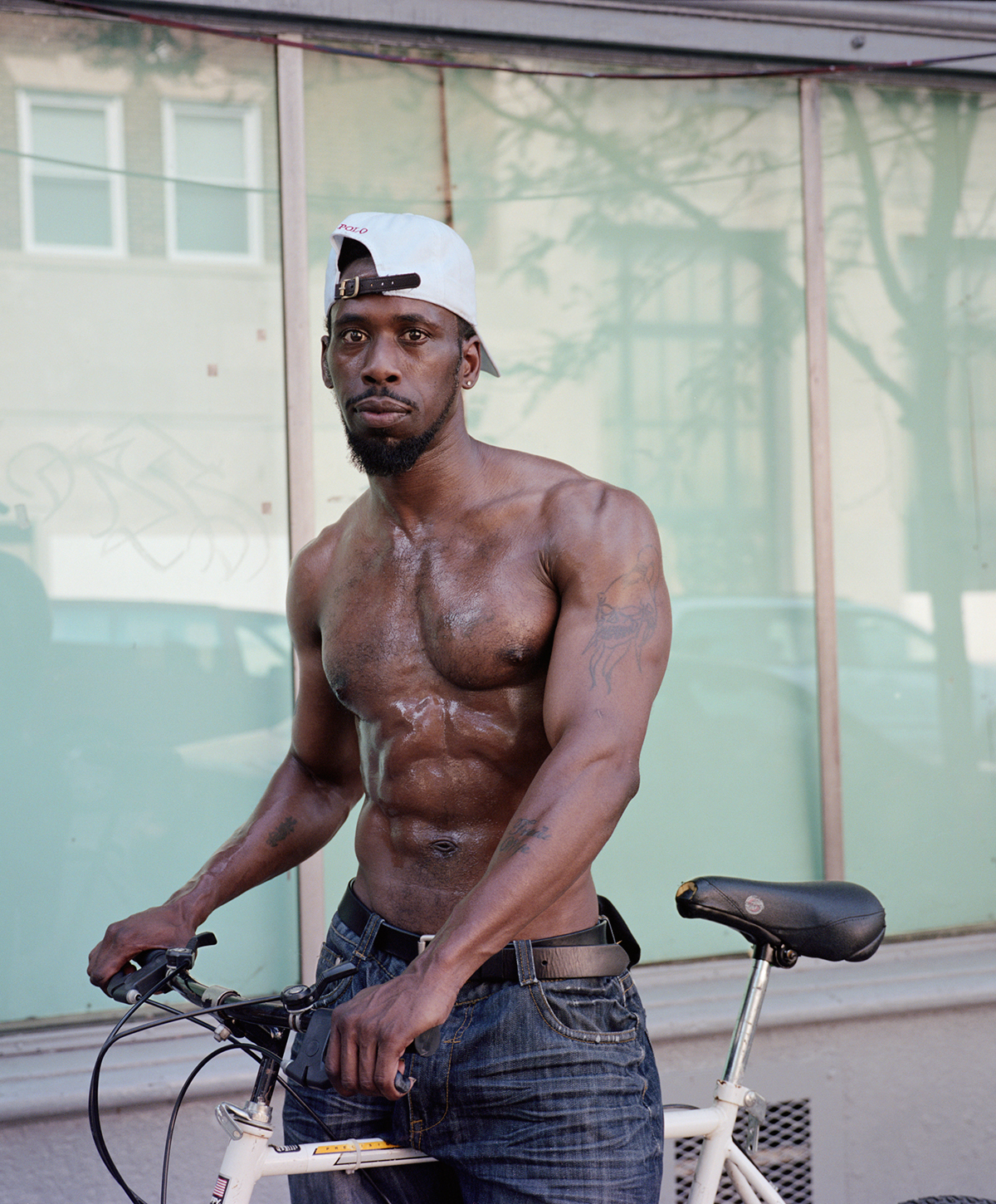When Hannah Price moved to Philadelphia, the street harassment threw her off guard. A photographer who grew up in suburban Colorado, she was unprepared for one of the many cities where men regularly catcall and proposition women walking alone on the streets. Initially angered, Hannah used photography to turn the unpleasant experience of being harassed into images she found beautiful. In her ongoing photographic project City of Brotherly Love, Hannah uses images of the men who harassed her to show the uncomfortable tension between women and cat-callers through a surprisingly tender lens.
Though Hannah’s subjects have harassed her, she said they “depart as friendly acquaintances.” In an interview, Hannah explained the logistics of photographing the men who call out to her on Philadelphia’s streets. When she’s harassed, she shifts the dynamic by approaching the man and asking for a photograph. Most men agree, and Hannah composes her shot. She’s careful to avoid misunderstandings with her subjects. “Most are surprised with my response and think I’m actually interested in a sexual relationship,” she said. “I bluntly state that I am not interested in ‘romance,’ that I am a photographer and only want to take their portrait.” Seen through her camera, the men somehow seem both macho and vulnerable.
The feminist blogosphere has embraced these types of photos as a way of raising awareness about street harassment and other gender issues. Hollaback, an app that invites woman to publish stories and photographs about street harassment online, has a clear political mission. The activists who built the app define street harassment as a form of sexual harassment intended to make women and other marginalized groups feel scared or uncomfortable. They find harassment unacceptable because its dynamic reminds these marginalized groups of their vulnerability to assault in public spaces. To that end, the Hollaback community shares data collected by their app with elected officials and policymakers who might use that data to end street harassment.
Hannah distances herself from this type of activist art, saying her work is personal, not political. “Because the act of the project is confronting verbal sexual harassment, people think I’m trying to make social commentary.” She isn’t. City of Brotherly Love is about a “transition through something personal in my life that was unfamiliar,” she said.
Hannah has also gotten used to street harassment. “I’m young, and I just got my hair done,” she said. “I can’t be surprised if a man or woman is attracted to me.”
Check out more of Hannah’s work on her site.










